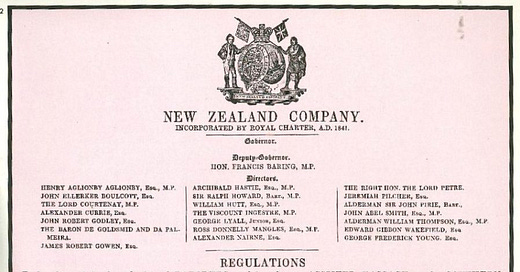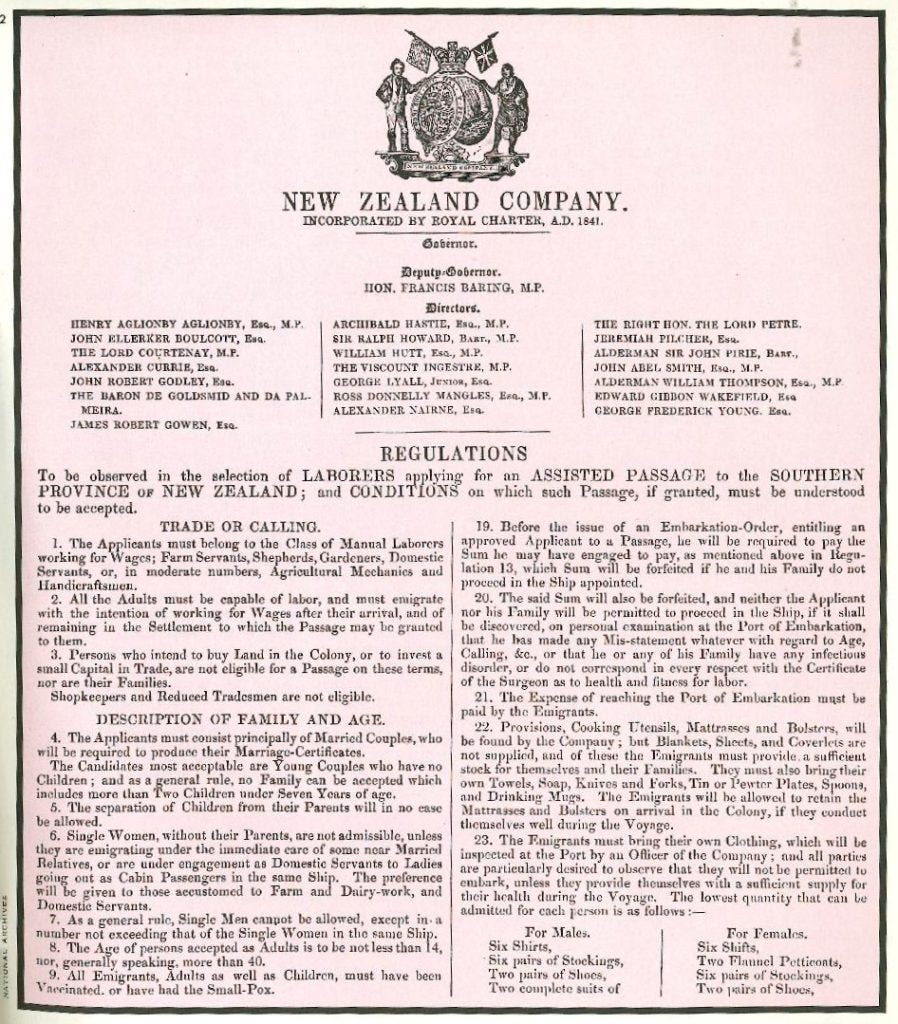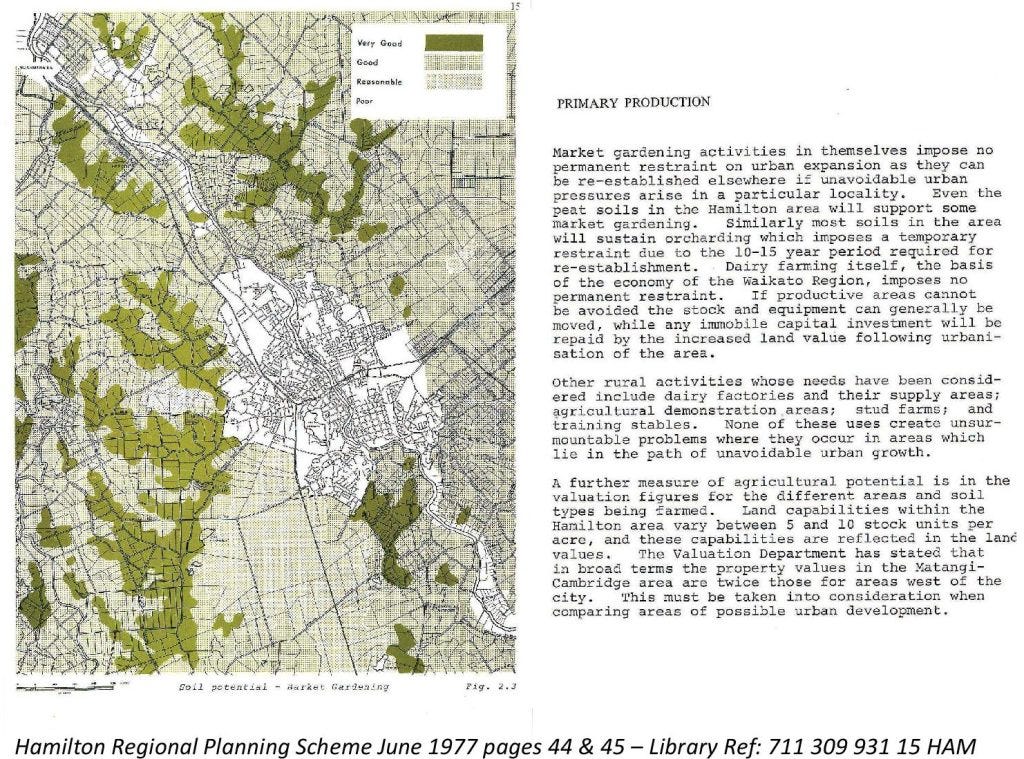Town planning is about what gentry and elite (speculators) want
My notes on Germany 1648 to 1806 , Germany 1800 to 1840s , Waikato the golden age 1840s to 1850s , Waikato 1860s ,
City walls (Pa fortifications) were for keeping people of ‘bad reputation’ out, whether single persons or an army of people. A person’s reputation is bad “when the town council and community deputies agree that it is” (Mack Walker, German Home Towns, 1648-1871, p303). From the 1810s in Europe (1940s in New Zealand) national laws reduced the powers of local town leaders to exclude people as ‘Every citizen must belong to some community as a citizen or legal resident’ (Walker, p300). This did not stop cities from collecting the ‘names of all visiting foreigners ... [and] published daily in the news paper ... [till] 1861 ... Leipzig ... city appeared open and inviting to wanted visitors but still closed to unwanted ones’ (Kristin Poling, Germany’s Urban Frontiers, p20,21,29)
Edward G. Wakefield’s New Zealand Company plan was that there were to be no rogues: only people of good character were to be allowed to go out to the new settlement. (The Story of New Zealand by A.H.Reed, page 182).
However, there were a number of times in Wakefield’s life that he was a person of ‘bad reputation’ or just an awful character. The Church Missionary Society read his draft for colonisation of New Zealand and took issue with idea of "unlimited power" being available to the colony's founders that could result in inevitable "conquest and extermination of the present inhabitants" (Wikipedia “New Zealand Company”). Wakefield gets credit for being one of the writers of the ‘Art of Colonization’, in which from page 44 the writer divides colonists into ‘Three classes of people: Labourers, the Capitalists, and the Gentry. The gentry class; They may become landowners in the colony, or owners of capital lent at interest, or farmers of their own land, merchants, clergymen, lawyers, or doctors, so that they be respectable people in the sense of being honourable, of cultivated mind, and gifted with the right sort, and right proportion of self-respect ... If you can induce many of this class to settle in a colony [city], the other classes, whether capitalists or labourers, are sure to settle there in abundance: for a combination of honour, virtue, intelligence, and property, is respected even by those who do not possess it; and if those emigrate who do possess it, their example has an immense influence in leading others to emigrate, who either do not possess it, or possess it in an inferior degree. ... I [Wakefield] shall often call them the higher order, and the most valuable class of emigrants. The labourers differ from the other classes ... especially with the poorest of them ... more of the labouring class are disposed to emigrate, than can find the means of getting to a colony... “Shovelling out of paupers” - A parish-union, or landlord, or both together, wishing to ... getting rid of some paupers, raise an emigration-fund ... probably [for] the most useless, the least respectable people in the parish ... The tendency of these pauper-shovellings is to make the common people think of emigration with dislike and terror’. To counter this, from page 107 ‘Capitalists would obtain Labour by means of paying for the Emigration of Poor People, the price [pay] being sufficient to prevent labourers from turning into landowners too soon. Why? - Because all labourers being under the necessity of remaining labourers for some years, it would be possible, and not difficult, for capitalists to enforce contracts.’
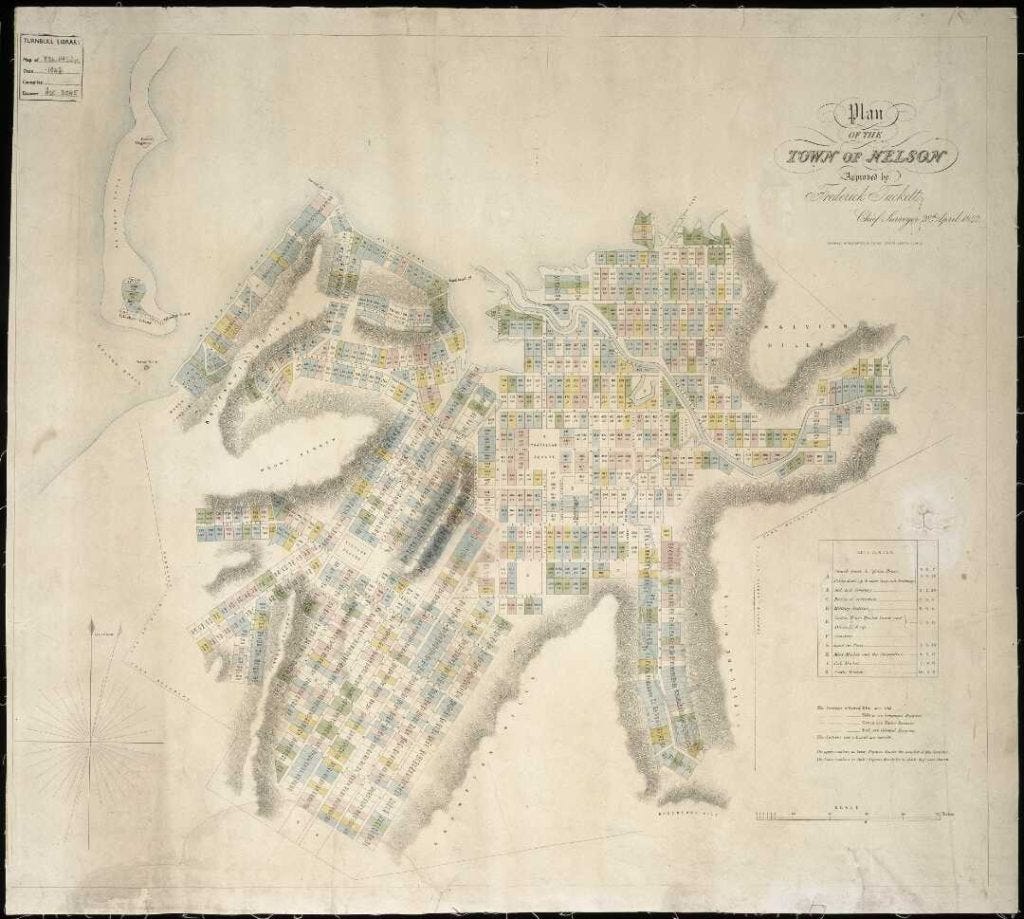
‘The decade 1845 to 1855 has been called the golden age of Waikato. Large areas of wheat were grown, groves of fruit trees yielded abundantly and potato patches produced good crops. Wheat was ground in mills owned by the Maoris. A considerable quantity of flour, pigs and other produce was carried by canoes to Auckland and sold there’, (Armed Settlers, by H C M Norris, p14).
Russell Thomas, like Edward G. Wakefield, was ‘extraordinarily ambitious’. Like Wakefield’s, his scheme was to buy land cheap and on-sell it. Russell Thomas ‘on the outbreak of war in Waikato in July 1863 was made Minister of Defence’ and supported the ‘Scheme for financing the war by confiscating Maori lands, for recruitment of military settlements ... Russell, whose enthusiasm for opening up the lands of Waikato regardless of Maori rights seemed to serve the private land-buying schemes of his own legal firm’ (Teara.govt.nz). Armed Settlers (p16-18) states that ‘No man above the age of 40 years will be accepted and every applicant will be subject to an examination … must produce such certificates of good character, health and general fitness … On the expiration of three years. … Any settler will be permitted to dispose of his land to any person approved of by the Government’. From The View from Pirongia by L.H.Barder (p37) ‘Militia [settlers] deserted in droves, between April & the close of July 1865, 367 gave up the struggle ... by 1870 town section sales had reached 36% & by 1880 the sale figure was 71.8%’.
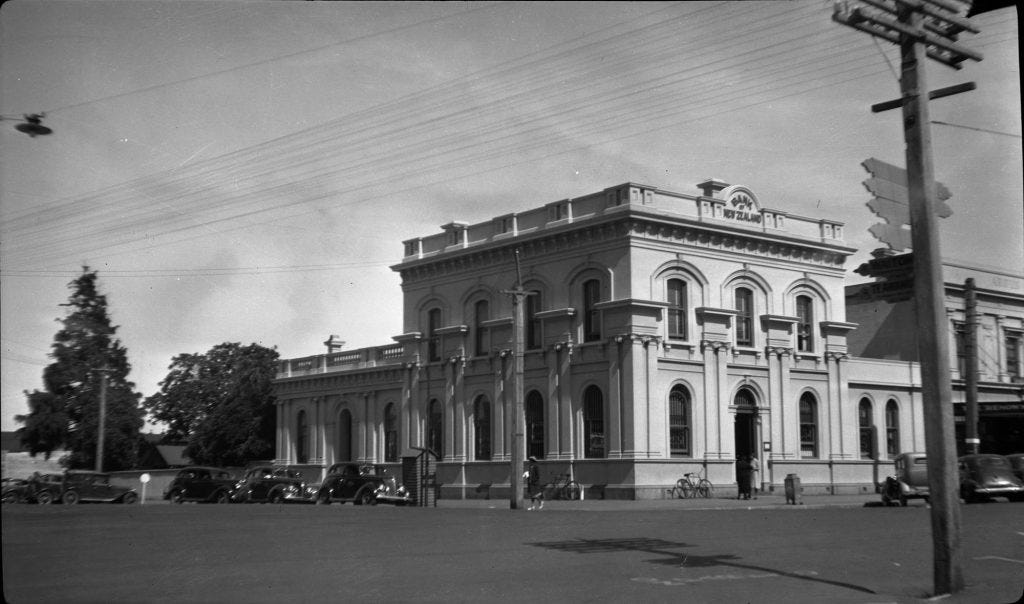
Russell Thomas was a member of Auckland’s commercial elite; he was involved with the New Zealand Insurance Company, the Bank of New Zealand, the New Zealand Loan and Mercantile Agency, the Waikato Land Association, and was involved with company funding to prepare Waikato lands for subdivision and sale.
The confiscation of Maori land and the establishment of Hamilton was so the elite of Auckland could buy and sell land.
Notes on Russell Thomas from https://teara.govt.nz/en/biographies/1r20/russell-thomas
More on Russell Thomas - https://www.rnz.co.nz/programmes/black-sheep/story/201824289/war-profiteer-the-story-of-thomas-russell

